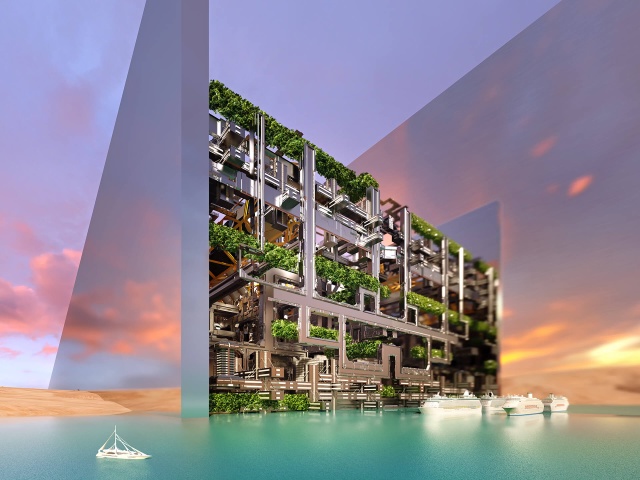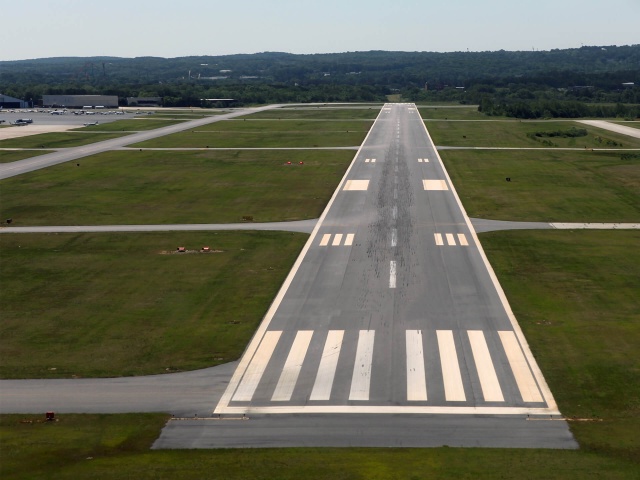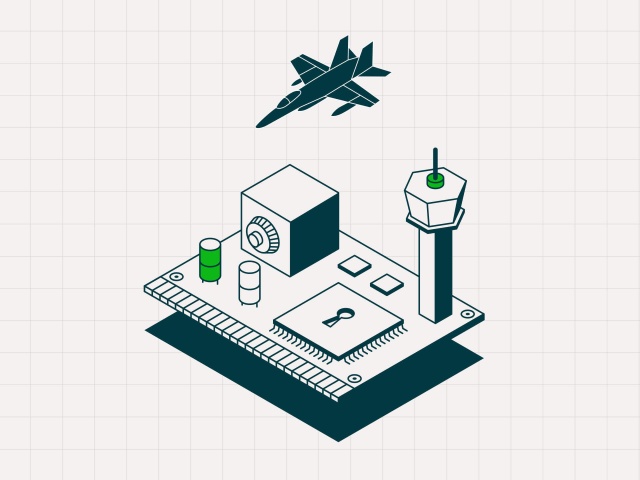Within 24 hours it’s obvious that the Kingdom of Saudi Arabia is not messing around with their cyber and cyber capability uplift.
Along with my colleague James Rickard, we recently traveled to the Kingdom of Saudi Arabia (KSA) as members of the United Kingdom’s (UK) Cyber Security Trade Mission, accompanying the UK’s Cyber Ambassador Juliette Wilcox CMG.
It was the first mission of its kind to Saudi Arabia as the UK ramps up efforts to enhance the trade and investment relationship and encourage UK companies to do business in the Kingdom. The four-day agenda was jam-packed with presentations and insights from local government authorities and the private sector, highlighting the local enthusiasm for the UK mission.
As part of the exceptional trade mission we met with the National Cybersecurity Authority (NCA), the Ministry of Investment, key private sector players SITE and Sirar by STC as well as representatives from the immense giga projects NEOM and Diriyah Gate. The second day of the mission followed in a similar fashion with a visit to the factories of SAMI AEC and the PIF incubation facility, ending with a brilliant soiree at the UK embassy attended by the British Ambassador, Neil Crompton, and local Saudi companies and delegates. Our trip coincided with the Global Cybersecurity Forum, which was inaugurated by Prince Faisal bin Bandar bin Abdulaziz, the Governor of Riyadh, under the theme of “Charting Shared Priorities in Cyberspace.”
In his opening speech, Prince Faisal said that this year’s forum is held at a time when the cybersecurity sector is witnessing rapid developments, which created an urgent need for cooperation to pave the way to prosperity around the world.
“We are confident that this presence of international expertise, decision-makers, and specialists will maximise the forum’s outcomes, and will present the international experience related to vital and strategic topics in the cybersecurity sector,” he said.
Over the course of the four days, it became clear that Saudi Arabia is open for business, if you’re willing to commit to the country, and that being a British company in the Kingdom puts you at an advantage. In large part, this is due to the support from the government, led by the Department of Business and Trade, and the local embassy team, who are committed to highlighting the immense economic opportunity in the Kingdom, as well as the changing societal dynamics. It’s also due to the fact that the Saudis have great respect for British capabilities, and a desire to adopt best-of-breed technologies as the country takes a massive leap to meet Vision 2030. On a more personal note, there is a shared respect for the monarchy and close linkages to the city of London, which don’t hurt bestowing familiarity despite the cultural and religious differences.
I mentioned Vision 2030 earlier, and the importance of this policy cannot be overstated. To summarize it was launched in 2016 and is being driven by His Royal Highness Prince Mohammed bin Salman bin Abdulaziz (“MBS”). It’s the Kingdom’s ambitious vision for the future designed to make Saudi Arabia a global strategic and investment hub and diversify its economy. Core to the vision is to be a tolerant country with Islam as its constitution and moderation as its method. But to quote Prince Mohammed bin Salman, KSA’s “real wealth lies in the ambition of our people and the potential of our younger generation. They are our nation’s pride and the architects of our future.” He is a millennial himself and the large, educated younger generation are the custodians of the future of Saudi Arabia and the ones really driving the change.
Vision 2030 has had an immense impact on the country. Those who were here even five years ago say the Kingdom is unrecognisable. The swathe of cranes as you drive down 6-lane highways are probably the most striking symbol of progress and change. As you walk the streets and conduct meetings, it’s also evident that Saudi is becoming more accepting of Western ideas from food, with Dunkin’ Donuts on every second corner, to fashion to gender roles.
With all that said, here are three of my key takeaways.
1. Audacious ambition
It’s already the largest economy in the region but don’t underestimate the immense scale and audacity of the ambition to become a global superpower, underpinned by Vision 2030. The 500m tall, 200m wide, and 150km long smart city known as The Line is the most obvious symbol of this. But it’s not just about construction. We heard from a local source that MBS wants to make KSA the new Europe. In essence that means Saudi will become a global tourist destination, with world-leading hotels, hospitality, and entertainment, as well as take its place at the heart of global trade routes and manufacturing. It will also take the global lead on issues such as digitalisation and cyber. There is real opportunity here and the Saudis are willing to invest in the world’s best to achieve it.
2. National alignment
Everyone you speak to and every company is publicly moving in the same direction to ensure that Vision 2030 will be achieved. The public and private sectors are closely aligned and the key departments driving the digital and structural transformation, such as the NCA, all report directly to Prince Mohammed bin Salman. The effect is accountability and the power to get things done. The result is that the momentum seems unstoppable.
3. Saudisation
The Saudis are trying to make it as easy as possible for companies to do business in the Kingdom. In five years they have expanded the variety of digital services to reduce delays and cut tedious bureaucracy to the point that it’s far ahead of many Western economies. You can now get a passport online and apply for business licenses in just a few clicks.
However, the Saudis have learned from the mistakes of other Gulf countries. If you want to do business in Saudi Arabia you now need to commit, not commute, meaning you must develop a local presence in the Kingdom if you have any plans of doing direct and long-term business. This is most pronounced in the requirement for companies to establish their regional headquarters in Saudi Arabia. Finding the right partner is key to doing business in Saudi.
Saudisation is also evident in its stringent data sovereignty laws which are creating headaches for big tech. It’s a requirement that almost all data is stored and managed in the Kingdom with no oversight or control from foreign nationals. It’s a move we are seeing across Europe and Asia and a trend that won’t disappear anytime soon.
Admittedly, the protectionist policies are extensive and while the UK and KSA are in cautious discussions around a free trade agreement, it will be a challenge to overcome them, despite the goodwill between the two countries. And if the UK can’t get an FTA over the line, it’s highly unlikely any other like-minded countries will either. This is just something to keep in mind if you are looking to export into the country.
It’s the right time to come to Saudi Arabia if you are looking at doing business in the Middle East. There is a voracious appetite for the best-of-breed technology, international ideas, and nationwide alignment to support Vision 2030. Saudi’s boom, along with its protectionist policies, will rapidly build local skills and capabilities and I won’t be surprised if, in a few years, the indigenous capabilities will be strong enough to sustain Saudi Arabia beyond Vision 2030.
The cat is out of the bag. Come to Riyadh soon or risk missing out on the wave of change and opportunity.






